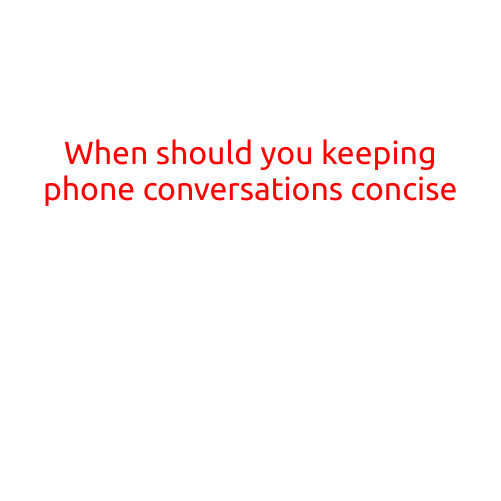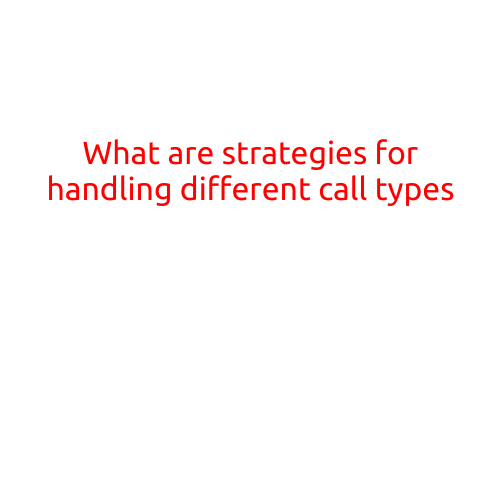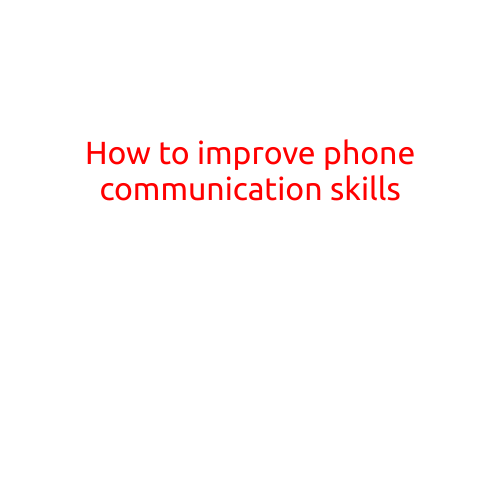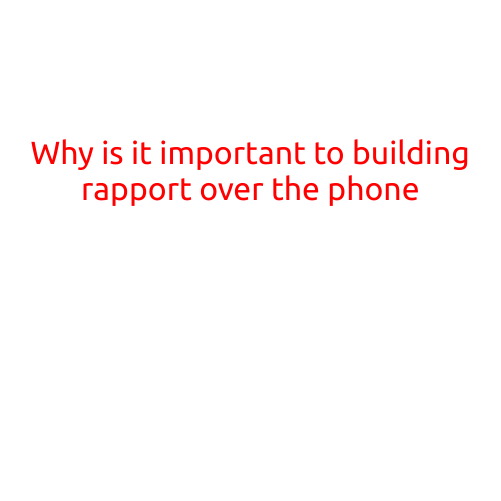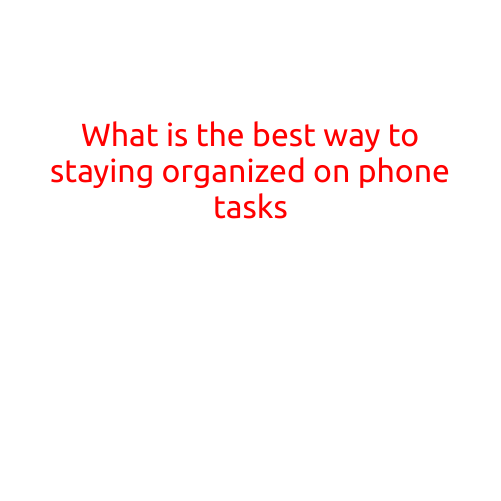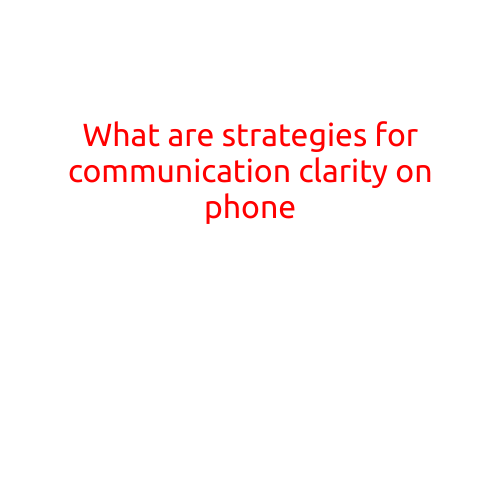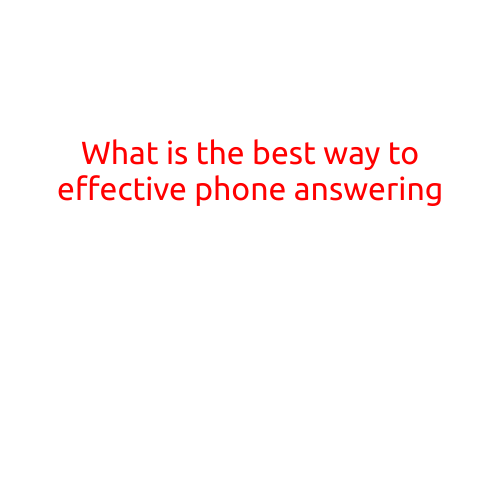
What is the Best Way to Effectively Answer Your Phone?
Effective phone answering is a crucial aspect of any business or professional setting. Whether you’re a small business owner, an employee, or an entrepreneur, answering your phone professionally and efficiently can make a significant impact on your reputation, customer satisfaction, and even your bottom line. In this article, we’ll explore the best ways to effectively answer your phone and provide valuable tips to help you improve your phone answering skills.
Why Effective Phone Answering Matters
Before we dive into the best ways to answer your phone, let’s take a look at why effective phone answering is so important:
- First impressions: Your phone’s ringing is often the first interaction a customer or prospect has with your business. A professional and courteous answer sets the tone for the rest of the conversation and can make a lasting impression.
- Customer Satisfaction: Answering the phone promptly and efficiently can reduce frustration and anxiety for customers, leading to increased satisfaction and loyalty.
- Reduced Wait Times: Effective phone answering can help reduce wait times for customers, which can lead to increased productivity and reduced employee burnout.
- Improved Reputation: A well-managed phone system can reflect positively on your business, making it more attractive to potential customers and clients.
Best Practices for Effective Phone Answering
Now that we’ve established the importance of effective phone answering, let’s take a look at some best practices to help you improve your skills:
- Answer with a Smile: When you answer the phone, try to do so with a smile. This may seem cheesy, but it can help you come across as friendly and approachable.
- Use Professional Greeting: Use a professional greeting that includes your name, business name, and a brief introduction. For example, “Good morning, thank you for calling XYZ Corporation. My name is John, how can I assist you today?”
- Listen Carefully: Pay attention to the customer’s needs and listen carefully to their concerns. Repeat back what you’ve understood to ensure you’re on the right track.
- Be Prompt: Answer the phone promptly and efficiently. Avoid putting customers on hold or making them wait excessively.
- Use Positive Tones: Use positive and friendly tones when communicating with customers. Avoid apologetic or dismissive language, which can come across as unprofessional.
- Take Messages: If you’re unable to answer a call, take a message and confirm the details with the caller before hanging up.
- Stay Calm Under Pressure: Practice remaining calm and composed under pressure. This can help you stay focused and provide better customer service.
Additional Tips for Effective Phone Answering
In addition to these best practices, here are some additional tips to help you improve your phone answering skills:
- Use a clear and consistent greeting.
- Avoid jargon and technical terms that may confuse customers.
- Use positive keywords like “solution,” “help,” or “assistance” to emphasize your ability to help customers.
- Practice active listening by repeating back what you’ve understood.
- End calls professionally by thanking the customer for their time and establishing next steps.
Conclusion
Effective phone answering is a crucial aspect of any business or professional setting. By following these best practices and additional tips, you can improve your phone answering skills and provide exceptional customer service. Remember to smile when you answer, use a professional greeting, listen carefully, and stay calm under pressure. With these tips, you can make a lasting impression and ensure your customers feel valued and supported.
